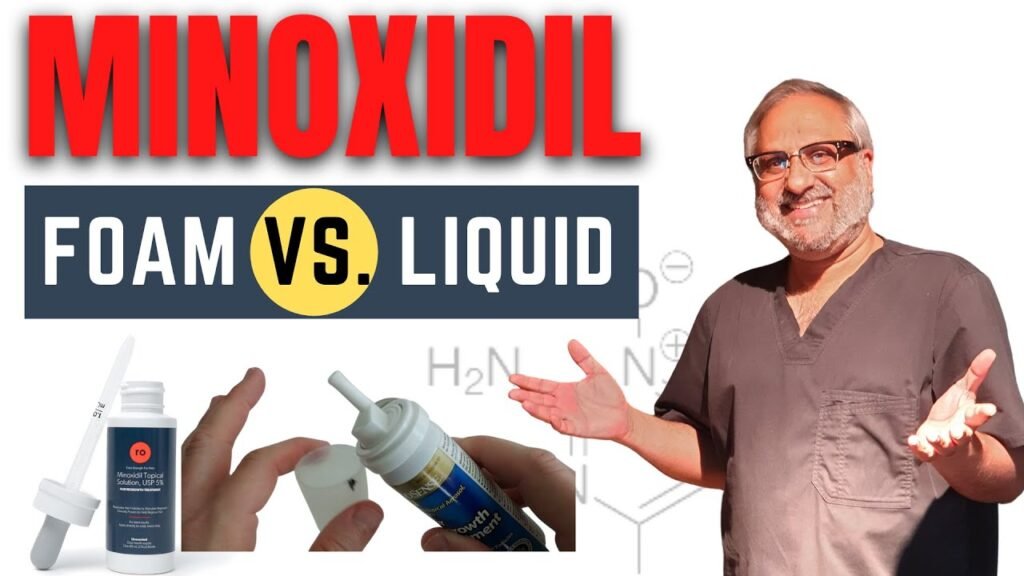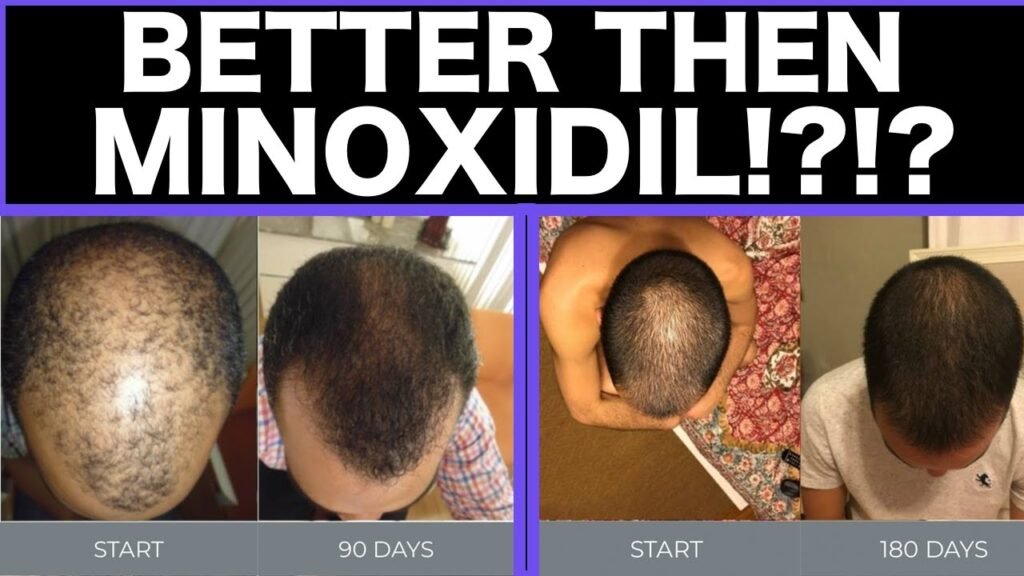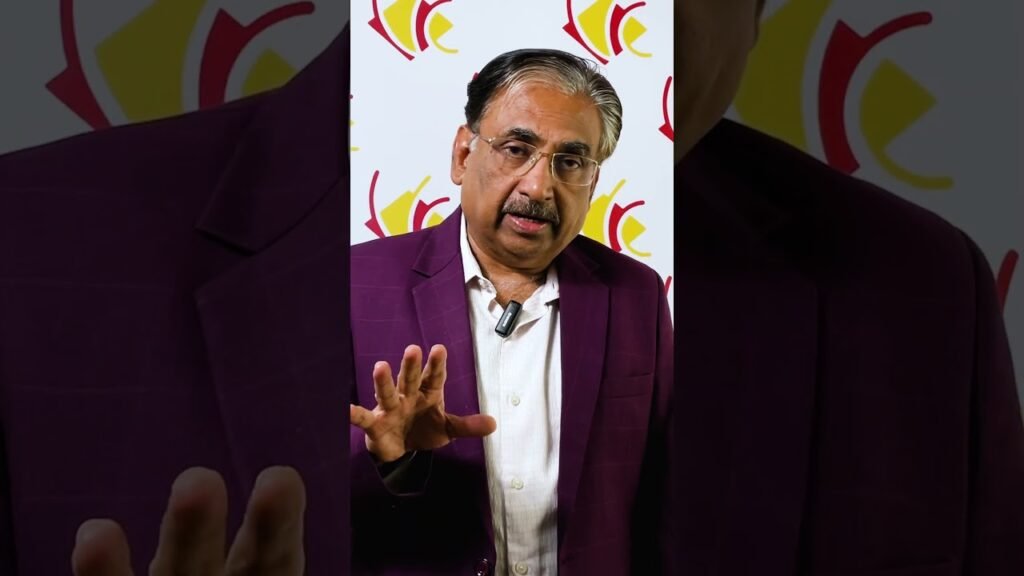Minoxidil alternatives: Foam vs liquid minoxidil
When exploring minoxidil alternatives, its essential to understand the differences between foam and liquid minoxidil formulations, as they are the primary options available for those seeking to combat hair loss. Both versions contain the active ingredient minoxidil, but they differ in composition, application, and potential side effects, which can influence the choice based on individual needs and preferences.
Application and Ease of Use
One of the main differences between foam and liquid minoxidil is the method of application. Foam minoxidil is often preferred by users due to its quick-drying formula, which makes it easier to incorporate into a daily routine without leaving a greasy residue. This can be particularly advantageous for individuals with longer hair, as it is less likely to cause matting or an unkempt appearance. On the other hand, liquid minoxidil is applied using a dropper, which allows for precise targeting of specific areas of the scalp. However, it can take longer to dry and may leave a noticeable residue, which some users find inconvenient.
Absorption and Efficacy
The absorption rates between foam and liquid formulations can also vary, potentially impacting their efficacy. Liquid minoxidil is known for its higher alcohol content, which may enhance penetration into the scalp, potentially leading to more effective results for some users. However, the higher alcohol content can also increase the likelihood of scalp irritation. Conversely, foam minoxidil is designed to be less irritating due to its lower alcohol content, making it a suitable option for those with sensitive skin. While both formulations are effective, personal experience with side effects and results can differ, making it important to consider these factors when choosing between them.
Considerations for Sensitive Skin
For individuals with sensitive skin or those prone to irritation, the choice between foam and liquid minoxidil can be significant. Foam minoxidil is often recommended for those with a sensitive scalp, as its lower alcohol content reduces the risk of irritation and dryness. Moreover, the foam formulation typically lacks propylene glycol, an ingredient in liquid minoxidil that can cause allergic reactions in some users. If irritation is a concern, starting with foam minoxidil may be a prudent choice, while closely monitoring the scalps response to the treatment.


